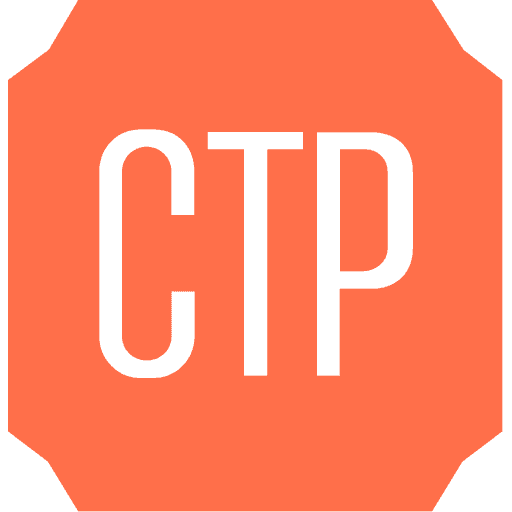There are plenty of CMS platforms out there, most with cool made up names like DotNetNuke, Joomla, Umbraco and Magento. We’ve built client sites on many of them, but for this fifth(!) and most recent version of our agency website, we chose to build on Drupal.
Here are 5 reasons why:
1. The Price Was Right
For exactly $0, we downloaded and installed the same core code base that runs some of the largest and most highly trafficked sites on the web. For that same $0, we also gained access to hundreds of modules that extend the site’s core functionality, all contributed and vetted by an active and growing development community.
2. Blogginess
As an integrated agency, we have a bunch of knowledge and experience under our roof, and a blog is the natural way to communicate with the world outside. We created a simple blog layout and an even simpler interface where regular folks who also happen to be subject matter experts can submit their blog posts for review and publishing.
3. LAMP
Drupal runs on the LAMP stack (Linux, Apache, mySQL, PHP). This highly popular and robust set of technologies provides us with an operating system, a web server, a database server and a scripting language. Stable, flexible and again, totally free.
4. Port-a-bll-ity
Building a complex website means lots of moving between development, staging and production servers. Because of the way Drupal is architected, we can use our favorite open-souce versioning system to update any of these versions at any time, without worrying about painful code collisions. This makes us much more efficient at functional updates, bug fixes and design tweaks.
5. Views, blocks, content types and taxonomies
We wanted a way to weave together all the things that make our Shop special–our people, our work, our space
With Drupal, we were able to create taxonomies around our groups and clients and use them to tie people, work, and other relevant information together. (This is arguably the coolest thing about Drupal, IMO.)
6. Flexible permissions for authors
A lot of people contribute content to this site, each with a varying degree of technical savvy and editorial expertise. Luckily, Drupal allows highly customized-role based access, so we can give specific people access to specific content without letting them edit things that could get them in to trouble.
Here at CTP, we pride ourselves on being technology-agnostic–that is, we don’t force technical decisions on our clients. But when it came time for us to build one for ourselves, we chose Drupal.
